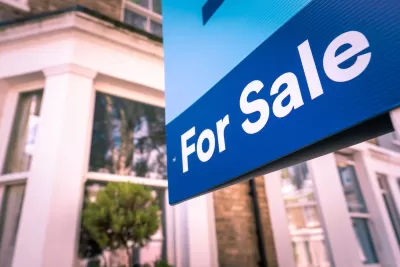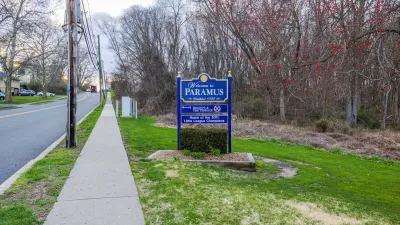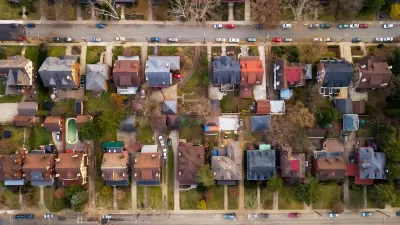Mayors from around the country agree that more support is needed at the federal level to strengthen housing assistance programs.

A survey from the U.S. Conference of Mayors (USCM) and the American Institute of Architects (AIA) reflects the grim realities of the housing crisis, with data showing that nearly 7 in 10 Americans worry about their day-to-day housing costs. “The message from mayors is clear—the housing crisis is severe, widespread, and worsening.”
According to the USCM, “In the past three years, the median monthly rental price has increased by 18% and the median purchase price for housing has increased by 21%.” The National Housing Survey found that the housing shortage is expected to grow by more than 2 million units in the next five years. Many mayors indicated their cities are in the process of reforming zoning and land use regulations to encourage more housing production. “Nearly all mayors recognized the critical importance of offering diverse options, including missing middle and infill housing, to meet the unique needs of different individuals and families.”
Among mayors surveyed, “Nearly 90% called on Congress to build on existing federal programs: the low-income housing credit, housing vouchers, Community Development Block Grants (CDBG), and HOME program.”
FULL STORY: ICYMI: National Survey Reveals Worsening Housing Crisis

Alabama: Trump Terminates Settlements for Black Communities Harmed By Raw Sewage
Trump deemed the landmark civil rights agreement “illegal DEI and environmental justice policy.”

Planetizen Federal Action Tracker
A weekly monitor of how Trump’s orders and actions are impacting planners and planning in America.

The 120 Year Old Tiny Home Villages That Sheltered San Francisco’s Earthquake Refugees
More than a century ago, San Francisco mobilized to house thousands of residents displaced by the 1906 earthquake. Could their strategy offer a model for the present?

LA’s Tree Emergency Goes Beyond Vandalism
After a vandal destroyed dozens of downtown LA trees, Mayor Karen Bass vowed to replace them. Days later, she slashed the city’s tree budget.

Sacramento Leads Nation With Bus-Mounted Bike Lane Enforcement Cameras
The city is the first to use its bus-mounted traffic enforcement system to cite drivers who park or drive in bike lanes.

Seattle Voters Approve Social Housing Referendum
Voters approved a corporate tax to fund the city’s housing authority despite an opposition campaign funded by Amazon and Microsoft.
Urban Design for Planners 1: Software Tools
This six-course series explores essential urban design concepts using open source software and equips planners with the tools they need to participate fully in the urban design process.
Planning for Universal Design
Learn the tools for implementing Universal Design in planning regulations.
Ada County Highway District
Clanton & Associates, Inc.
Jessamine County Fiscal Court
Institute for Housing and Urban Development Studies (IHS)
City of Grandview
Harvard GSD Executive Education
Toledo-Lucas County Plan Commissions
Salt Lake City
NYU Wagner Graduate School of Public Service





























